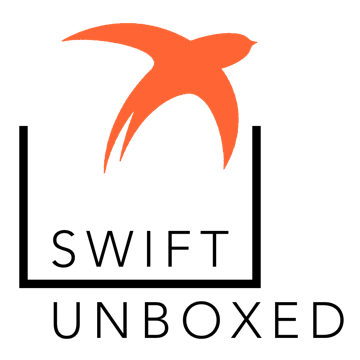In many programming languages—C, C++, Ruby, JavaScript—you’ll find the idea of “true-ish” values. These aren’t exactly Boolean values, but can act like them in some cases.
It’s not always consistent, of course. If you have an int in C, a zero value acts like Boolean false and a non-zero value acts like true. In Ruby, on the other hand, the existence of any non-nil value—including zero—is true-ish.
Type Specificity
Swift takes the approach where only Booleans are Booleans. This is valid C:
if (42) {
// this will print!
printf("42 is the truth!");
}
But this code generates a compile error in Swift:
// Error: type 'Int' does not conform to protocol 'BooleanType'
if 42 {
print("42 is the truth!")
}
Hmmm, BooleanType you say?
BooleanType the Protocol
Turns out that what makes Bool a Bool is that it conforms to BooleanType:
public protocol BooleanType {
public var boolValue: Bool { get }
}
That means you can make any type act in a Boolean-like manner. Your bare integers can be in conditions as in C, or you can recreate the Swift 1.0 beta behavior of optionals, where nil was false-ish.
Just keep the following comment from the headers in mind:
Only three types provided by Swift,
Bool,DarwinBoolean, andObjCBool, conform toBooleanType. Expanding this set to include types that represent more than simple boolean values is discouraged.
Who listens to docblock comments though, amirite? ;)
// I declare non-empty arrays to be `true`.
extension Array: BooleanType {
public var boolValue: Bool {
return self.count > 0
}
}
Check out the “Boolean All The Things” playground I’ve created for some code examples. What do you think? Would you rate it a true or false?

